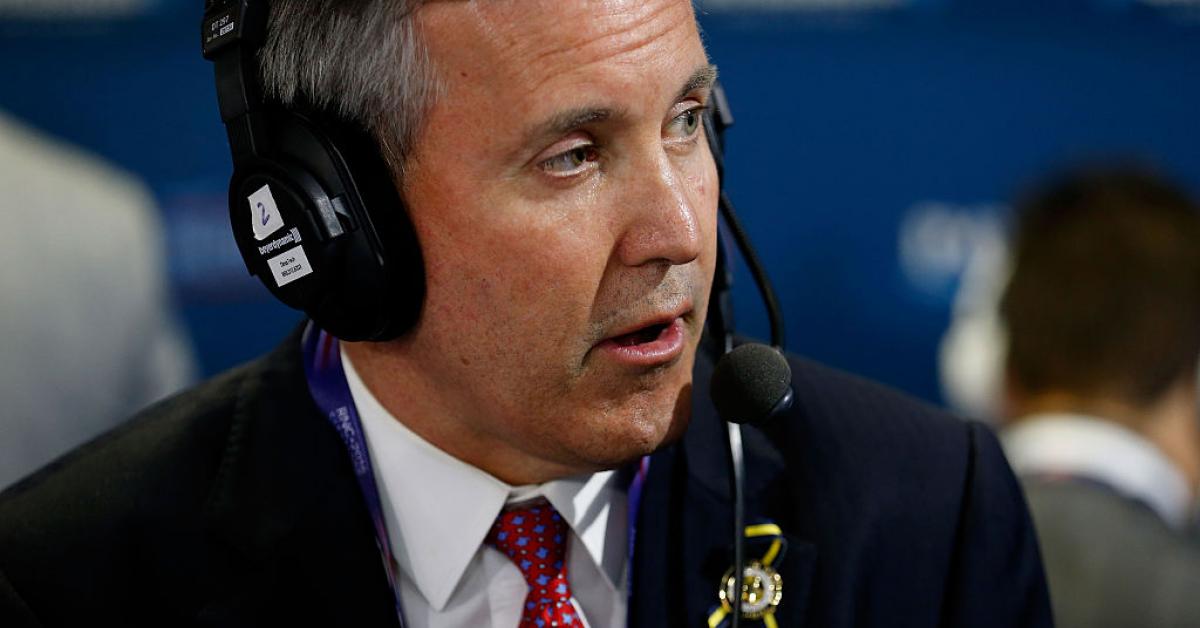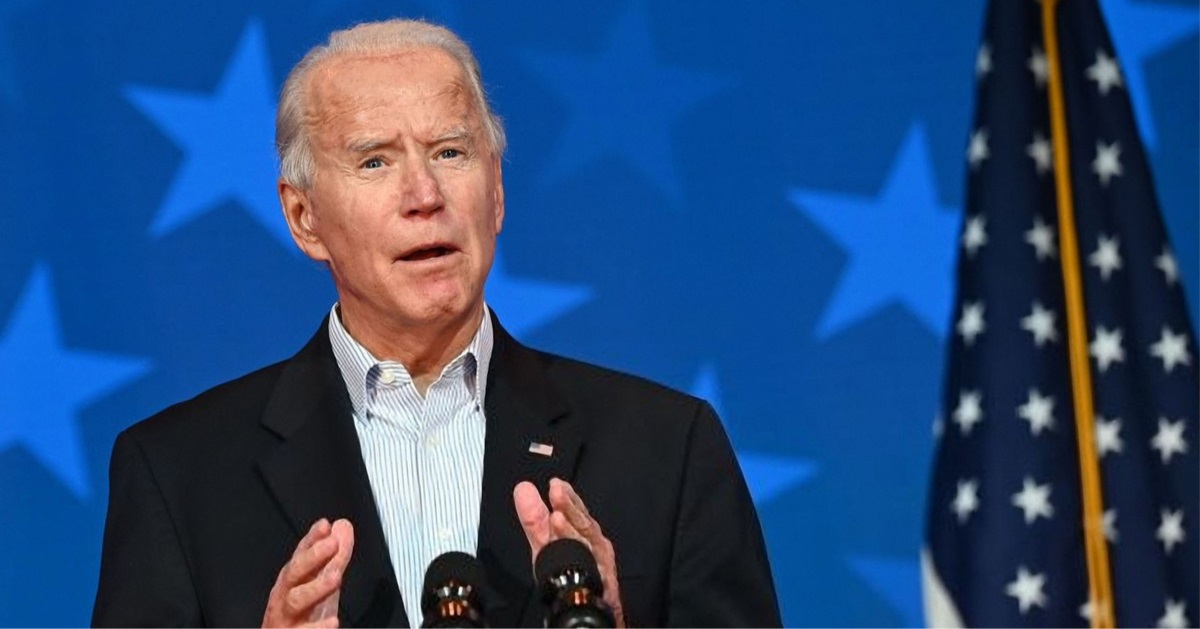Earlier this year, President Donald Trump made a bold move by signing an executive order aimed at dismantling the Department of Education (DOE). This decision was in line with his belief that education should be more locally controlled, putting power back into the hands of states and families. However, the plan hit a snag when a federal judge intervened.
A major setback came when U.S. District Judge Myong Joun blocked the attempt to abolish the DOE. According to reports from Fox News, Judge Joun critiqued the Trump administration’s rationale, calling their actions more than just a simple reorganization. He emphasized that the Department cannot be closed without Congress’s approval, highlighting a significant legal barrier.
The Memorial Day Sale is ON NOW!
Get 25% off site-wide with discount code MEMORIAL25 at checkout.
Includes FREE shipping in the USA.
https://GetZStack.Com
Judge Joun, who was appointed by former President Joe Biden, expressed skepticism over the administration’s approach. He pointed out inconsistencies in the administration’s claims about their goals. Joun stated, “There is nothing in the record to support these contradictory positions,” underscoring the complexity of the issue.
The ruling sparked a strong reaction from the Department of Education’s spokeswoman, Madi Biedermann. She argued that the executive branch, led by President Trump and the Secretary of Education, should have the authority to decide on agency reorganization. Biedermann criticized the judge for what she perceived as a politically motivated decision.
Biedermann also voiced concerns about the impact of the ruling on American students and families. She stated that the administration plans to challenge the decision urgently, indicating that the legal battle is far from over. The administration remains committed to its vision of education reform.
President Trump’s executive order from March 20 emphasized a shift toward state-focused education. He argued that closing the DOE would give children and families a chance to escape an ineffective system. Trump pointed to declining American reading and math scores as evidence that federal oversight is failing.
The president’s stance is that the responsibilities of the DOE should be returned to individual states. This approach aligns with a broader conservative ideology that favors decentralization and state autonomy. Trump’s proposal is rooted in the belief that local control will lead to better educational outcomes.
White House principal deputy press secretary Harrison Fields expressed support for Trump’s initiative. Fields told Fox News that the executive order would enhance educational opportunities by empowering parents and communities. The goal is to improve student performance through localized control.
The debate over the DOE’s future has sparked widespread discussion among conservative circles. Many see this as a chance to reduce federal bureaucracy and promote local governance. The controversy highlights the ongoing tension between federal authority and state rights.
Critics of the DOE argue that it has become bloated and inefficient over the years. They claim that a one-size-fits-all approach does not meet the diverse needs of American students. Proponents of dismantling the DOE believe that states are better equipped to address educational challenges.
Supporters of Trump’s plan are optimistic about the potential benefits of decentralization. They argue that states can innovate and tailor educational strategies to their unique populations. This approach is seen as a way to foster competition and improve quality across the board.
The discussion is not just limited to educational policy but touches on broader themes of governance. It reflects a conservative desire to shrink federal influence and return power to local entities. This philosophy resonates with the principles championed by figures like Ronald Reagan and Barry Goldwater.
Detractors, however, worry about the potential risks of dismantling the DOE. They caution that without federal oversight, disparities between states could widen. This concern underscores the complexity of balancing national standards with state autonomy.
Despite the legal setback, the Trump administration remains undeterred. They are preparing to appeal the judge’s decision and continue advocating for their vision of education reform. The outcome of this legal battle may have significant implications for the future of American education policy.
In the meantime, the debate continues to capture the attention of policymakers and the public alike. As the Trump administration pushes forward with its agenda, the conversation around education reform remains a hot topic. The resolution of this issue will be closely watched by those invested in the future of American education.





As usual a so called judge with a foreign name blocking a decision for the better. Wonder what’s her real interest. It’s been proven that the department o education has become a hub for dumbsizing our students and to aggravate the problems its managed by sexualy depraved so called educators and USA country haters. It’s time to start cleaning up the judicial systems of these parasites.
Another extreme left Constitution hating activist in a black robe trying to overthrow the executive branch and Constitution.
GET RID OF THOSE WOKE JUDGES. PUT THEM IN JAIL THAT´S WHERE THEY BELONG.